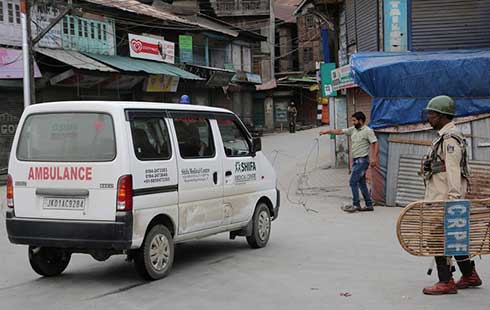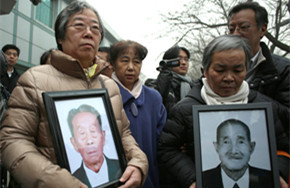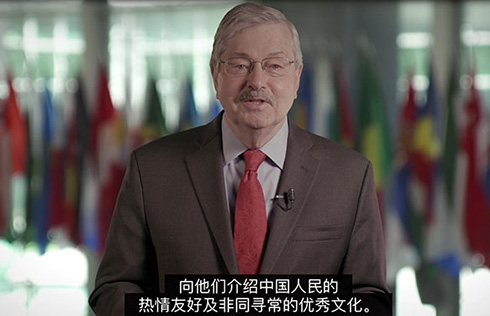Asia faces disaster from soaring temperatures if climate change unchecked
BANGKOK - Climate change will bring soaring temperatures, more intense storms, erratic rainfall, plummeting crop yields and a collapse of coral reefs to Asia-Pacific unless countries fully implement their commitments under the Paris climate pact, scientists said on Friday, calling the challenges "unprecedented".
The region's future growth and security - as well as the welfare of hundreds of millions of people - are at stake, said a new report by the Asian Development Bank (ADB) and the Potsdam Institute for Climate Impact Research (PIK).
"Countries in Asia and the Pacific are at the highest risk of plummeting into deeper poverty - and disaster - if (climate change) mitigation and adaptation efforts are not quickly and strongly implemented," said Bambang Susantono, the ADB's vice-president for sustainable development.
The landmark 2015 Paris Agreement, which came into force last November, pledges to limit the rise in average global temperatures to 1.5 to 2 degrees Celsius above pre-industrial times.
Early and aggressive measures are needed to achieve that goal, the reportsaid. If the world continues to emit planet-warming greenhouse gases as now, global mean temperature would increase by over 4 degrees Celsius by the end of the century, with parts of Asia-Pacific seeing a rise of 6 degrees, it added.
Tajikistan, Afghanistan, Pakistan and northwestern China could experience even hotter climates, with temperatures rising 8 degrees Celsius, it added.
This would bring drastic changes in the region's weather, biodiversity, agriculture and fisheries, and drive migration as some parts become lesshabitable, said the report.
"Such a scenario may even pose an existential threat to some countries in the region, and crush any hope of achieving sustainable and inclusive development," the ADB said in a statement.
Asia-Pacific is home to two-thirds of the world's population and nine out of 15 countries listed as most vulnerable to natural hazards globally.
Millions of people in South Asia are already affected by rising temperatures, and despite impressive economic growth, United Nations' figuresshow one in 10 Asians still live in extreme poverty.
Investments to rapidly shift Asia's economy onto a low-carbon path must be a high priority because the coming decade is crucial to achieving the ParisAgreement goals, the report said.
Many countries in the region still rely heavily on fossil fuels for energy.
The ADB said it would invest $4 billion by 2020 to promote renewable energysupplies and green growth across the region.
Reuters


























